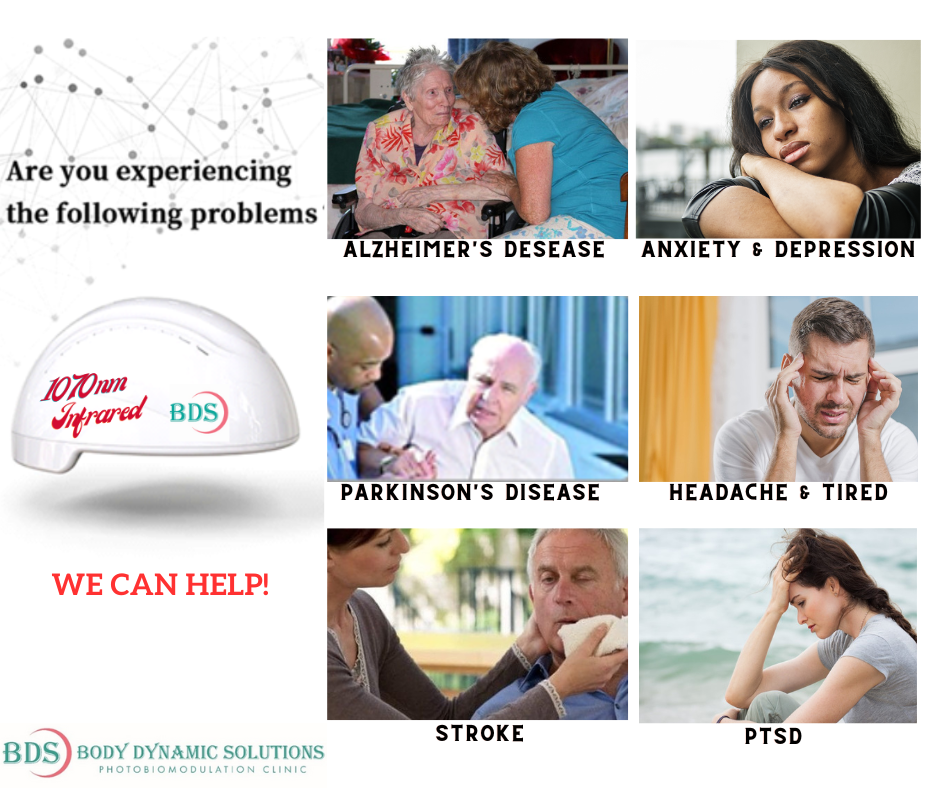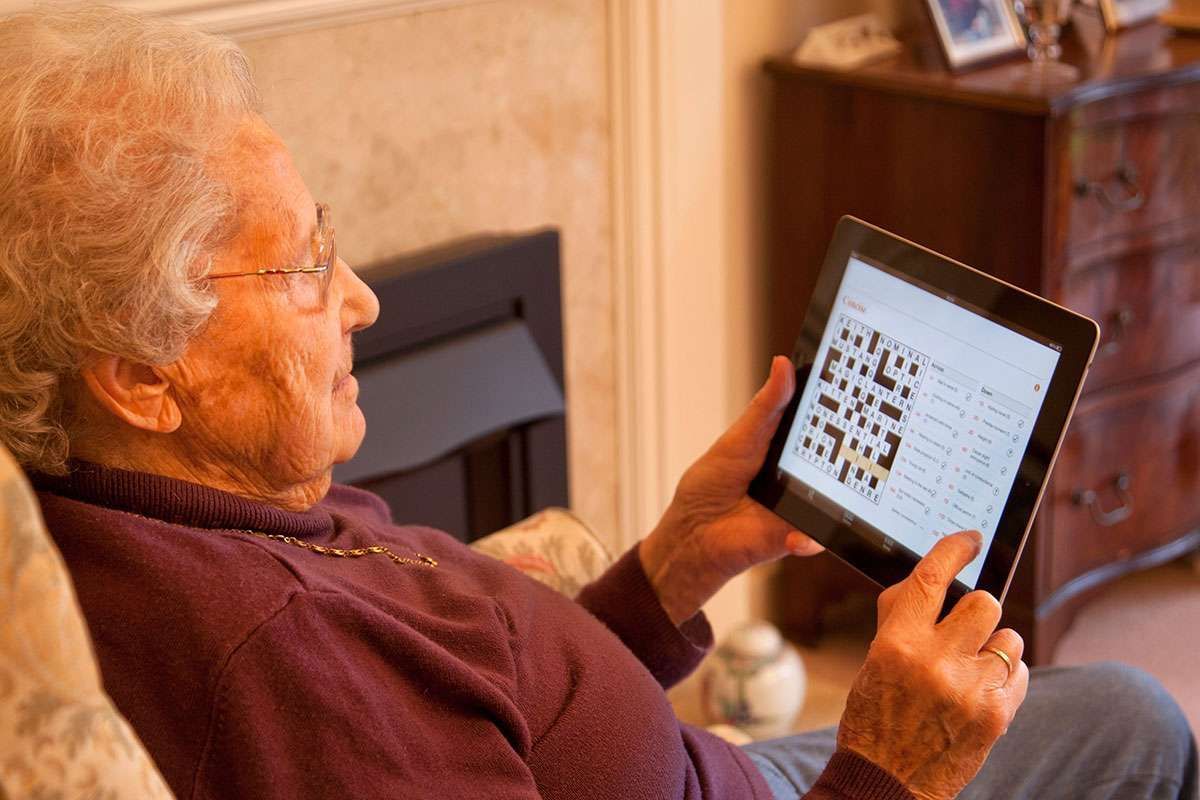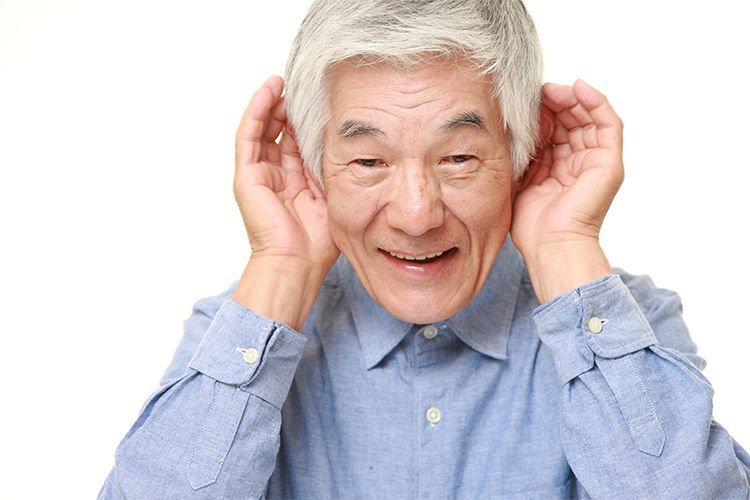HEALUMINA® Therapy Brain Care
Shining Light on treating Neuropathological Conditions
Transcranial PhotoBioModulation Therapy (tPBM)
Our brain is responsible for all our vital functions. The Brain coordinates basic functions like thinking, talking and problem solving. Even during our sleep, the brain performs thousands of processes and reorganizes information that it has gained during the day. The brain performs every minute of the day, every day of the year. A healthy brain is a healthy you!
Compared to other brain treatment therapy methods, like drugs, light therapy is the safest with no side effects.


The HEALUMINA Transcranial PhotoBioModulation (tPBM) works with 1070nm infrared wavelength. The 1070nm infrared wavelength has the ability to extend through the skull into the brain, offering an unique array of neurological benefits that promotes recovery from traumatic brain injury and reducing long-term nerve damage.
The organ in the human body that is most necessary to life, and whose optimum functioning is most worried about by humankind is the brain. The brain suffers from many different disorders that can be classified into three broad groupings: traumatic events (stroke, traumatic brain injury, and global ischemia), degenerative diseases (dementia, Alzheimer’s, and Parkinson’s), and psychiatric disorders (depression, anxiety, post-traumatic stress disorder).
The HEALUMINA Transcranial PhotoBioModulation (tPBM) is used to stimulate, heal, regenerate, and protect tissue that either has been injured, is degenerating, or else is at risk of dying.
The HEALUMINA Therapy Brain Care Device is a therapeutic instrument based on the principle of PhotoBioModulation. It has a good therapeutic effect on traumatic events (stroke, traumatic brain injury, and global ischemia), degenerative diseases (dementia, Alzheimer’s, and Parkinson’s), and psychiatric disorders (depression, anxiety, post-traumatic stress disorder).

Changes to your body and brain are normal as we age. However, there are some things you can do to help slow any decline in memory and lower your risk of developing Alzheimer's disease or other dementias.
Exercise: Regular physical activity benefits the brain. Physical active people are less likely to experience a decline in their mental function. These benefits result from increased blood flow to the brain during exercise. It also tends to counter some of the natural reduction in brain connections that occur during aging.
Get Plenty of Sleep:
Sleep plays an important role in your brain health. Some theories state that sleep helps clear abnormal proteins in your brain and consolidates memories, which boosts your overall memory and brain health. Aim for seven to eight consecutive hours of sleep per night.

Diet: Your diet plays a large role in your brain health. Consider following a diet which emphasizes plant-based foods, whole grains, fish, and healthy fats, such as olive oil. Omega fatty acids found in extra-virgin olive oil and other healthy fats are vital for your cells to function correctly and appear to decrease your risk of coronary artery disease, increase mental focus and slow cognitive decline in older adults.
Stay Mentally Active: There are many things that you can do to keep your brain in shape, such as doing crossword puzzles, reading, playing cards or putting together a jigsaw puzzle. Cross training your brain to in-corporate different types of activities to increase effectiveness.
Stay involved: Social interaction helps ward off depression and stress, which can contribute to memory loss. Look for opportunities to connect with loved ones, friends, and others, especially if you live alone.
Keep your blood vessels healthy:
The health of your arteries and veins is important to your heart health but it is also critical for brain health. Get your blood pressure, blood sugar and cholesterol checked regularly and take steps to keep your numbers within a normal range.

Hearing: If your ears cannot pick up sounds, your hearing nerves will send only fewer signals to your brain, and thus depriving your brain of stimulation, it once had. When you are trying hard to listen, your brain may go through cognitive overload. This means that when your brain is working hard to decode what others are saying, it does not store the information in your memory as well as if you are listening with ease. This is one way that hearing loss can affect memory and contribute to a quicker decline in thinking.
Here are a few hearing loss-related complications: Stress - Cognitive Impairment - Loneliness and Isolation – Anxiety – Depression.

PhotoBioModulation Therapy WORKS!
Check Out Our Reviews

★★★★★
Very relaxing, great people. Lost an inch on my arms in my first session. Love Mr. Jiggles!
- Hollibird
Button
★★★★★
Not only have I lost lbs and inches, the motivational therapy helps me with stress and appetite control
-Linda W.
Button
★★★★★
I give the HEALUMINA® Therapy Pad a "Thumbs Up". I can now golf three days straight in a row. I had a hard time doing two days in a row before the HEALUMINA® Therapy Pad.
- Sandee S from Niceville, Florida
Button
★★★★★
I’ve had nothing but positive results with more energy and strength since I have been coming to Body Dynamic Solutions. I highly recommend the PBMt WholeBody Bed Treatments.
- Rebecca S from Valparaiso, Florida
Button
★★★★★
My knees are getting stronger, and they are staying stronger since I have been using the HEALUMINA® Therapy Pads at BDS PhotoBioModulation Clinic.
- George M from Niceville, Florida
Button
★★★★★
I would say the HEALUMINA® Therapy Pad has to be working because I couldn’t lift a club two weeks ago. I would guess it’s an 8 on the 1-10 scale.
- Alan C from Niceville, Florida
Button
NO DRUGS - NO PAIN - NO SURGERY
Safe and Non-Invasive
Schedule Your PBM Therapy Complimentary Consultation Today
Do Something Today That Your Future Self Will Thank You For!
Call Body Dynamic Solutions -
850-339-4300
BROWSE OUR WEBSITE
CONTACT INFORMATION
- Mon, Wed, Fri
- -
- Tue, Thu, Sat
- Appointment Only
- Sunday
- Closed






